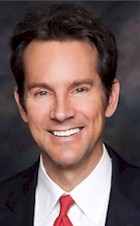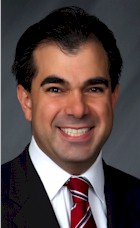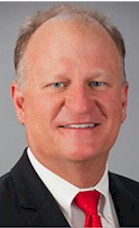
- Mobile Technology
- Mobile Technologies: The New Powerhouses for Increased Hotel Revenues And Guest Engagement
What is emerging as the biggest mobile-powered technology opportunity for the hotel industry in 2015? To borrow a phrase from the real estate world, it's "location, location, location." Hotels -- by their very nature - are about location. And location within the context of hotel marketing today is increasingly defined by the mobile device: a smartphone or tablet (and increasingly both) that now always accompany a traveler or guest into a property or resort. Free to email, text, chat, shop, search, snap or even sketch from almost anywhere through their mobile device, today's travelers and hotel guests expect the places they visit - including hotels - to reciprocate. READ MORE



















